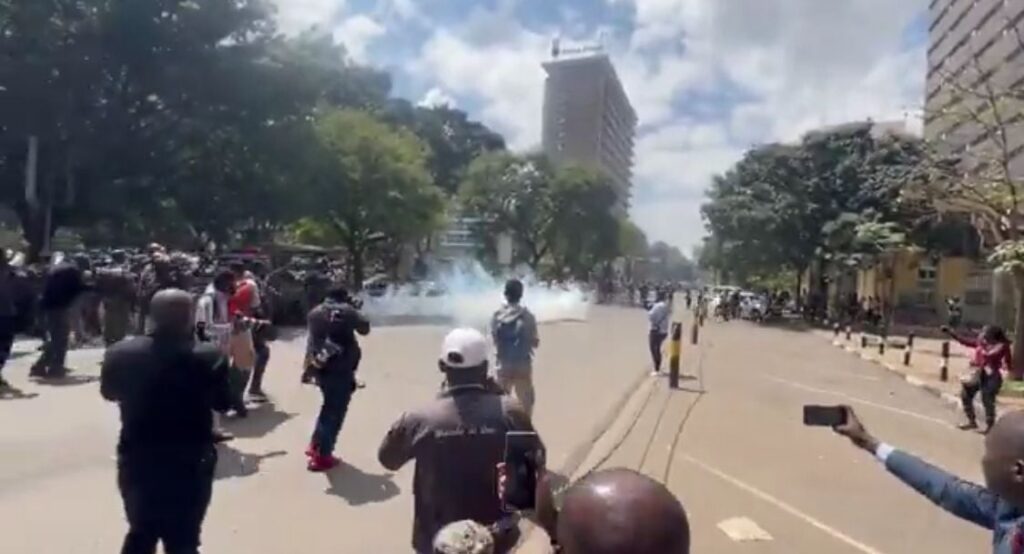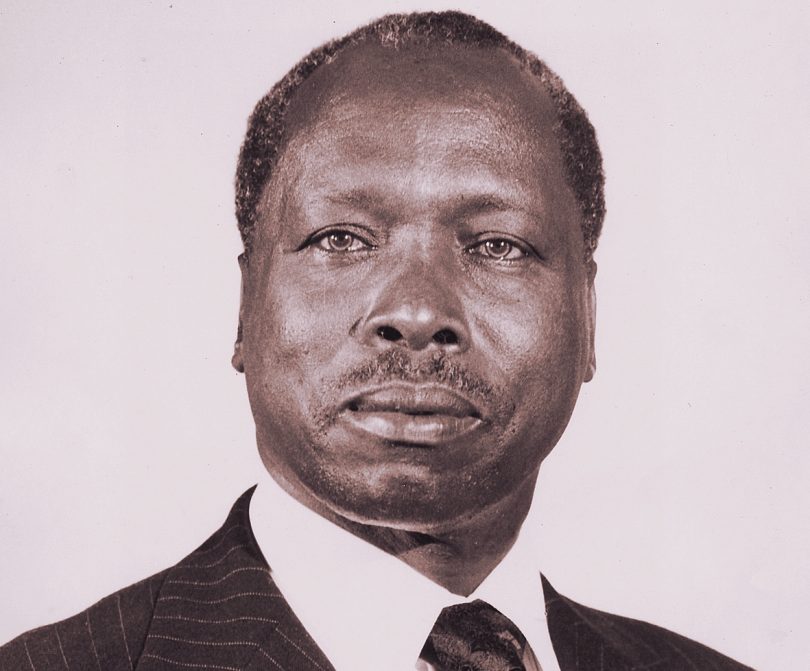Tension gripped Nairobi on Tuesday night after police arrested a 22-year-old man suspected of being on a terror mission within the Central Business District (CBD).
The arrest, made around 11:20 p.m. by officers from Kamukunji Police Station, followed a late-night patrol that turned into a high-stakes security operation.
The suspect was found with a stash of potentially deadly items, including 21 detonators, 21 packets of a white substance believed to be ammonium nitrate, a five-metre electric cable, and other suspicious materials.
This development has raised alarm over the security of the city and the threat of possible terror activities.
The suspect is currently in custody, undergoing intensive interrogation by the Anti-Terrorism Police Unit (ATPU), as detectives attempt to unravel his plans and possible accomplices.

Police Nab Terror Suspect Before Deadly Plot Could Unfold
According to a police report seen by the press, the officers became suspicious after noticing the man’s strange behaviour while walking along one of the CBD streets. Described as evasive and erratic, his actions were enough to warrant a stop-and-search.
When officers searched the man’s bag, they found items pointing to a possible planned explosion. The items included:
- 21 detonators
- 21 packets of suspected ammonium nitrate
- A five-metre electric cable
- Other unknown components likely related to bomb-making
“Police officers on patrol at approximately 23:20 hours yesterday identified and arrested a man on suspicion of potential involvement in terror-related activities,” read part of the police statement.
The suspect, who has yet to be named publicly, was quickly taken to Kamukunji Police Station. Within hours, he was handed over to the ATPU for deeper investigations and potential prosecution.
This swift action by the police likely averted a disaster, and authorities are now working to determine the intended target of the suspect’s operation, whether he was acting alone, and whether he is part of a wider network.
Law Enforcement and Legal Consequences
Under Kenya’s Prevention of Terrorism Act (2012), the suspect could face life imprisonment if convicted of plotting or facilitating a terrorist act. The law is clear—possession of explosive materials with intent to commit terrorism is a grave offence.
Further, the Explosives Act criminalises possession of such substances without proper licensing. Ammonium nitrate, which has been used in many global terror attacks due to its explosive potential, is heavily regulated.
Police believe the suspect’s materials, if assembled, could have caused serious damage, mass casualties, and chaos in the city.
Interior Ministry officials have called on the public to remain alert and report any suspicious activity, especially in busy places such as matatu stages, shopping centres, and religious buildings.
“This was not just a random arrest,” a senior ATPU officer said on condition of anonymity. “This man was caught red-handed. Our officers acted quickly and decisively, and their vigilance may have saved lives.”
Nairobi on Edge After Recent Unrest
The arrest comes just hours after chaotic protests rocked Nairobi’s streets. Demonstrators were out demanding justice for Albert Ojwang, a blogger who died under mysterious circumstances while in police custody.
During the protests, footage emerged of a police officer shooting an unarmed hawker at point-blank range. The act sparked outrage, with human rights groups condemning what they called “state-sanctioned violence.”
Although Inspector General Douglas Kanja has confirmed the arrest of the rogue officer, the overall trust in law enforcement remains fragile. Critics argue that while police are swift in dealing with public unrest, many serious criminal activities, such as terrorism, go unnoticed until it’s too late.
The arrest of the terror suspect during the same period has only deepened the anxiety among Nairobi residents. Many are now demanding better surveillance, community policing, and protection of civil rights even as security threats escalate.











































